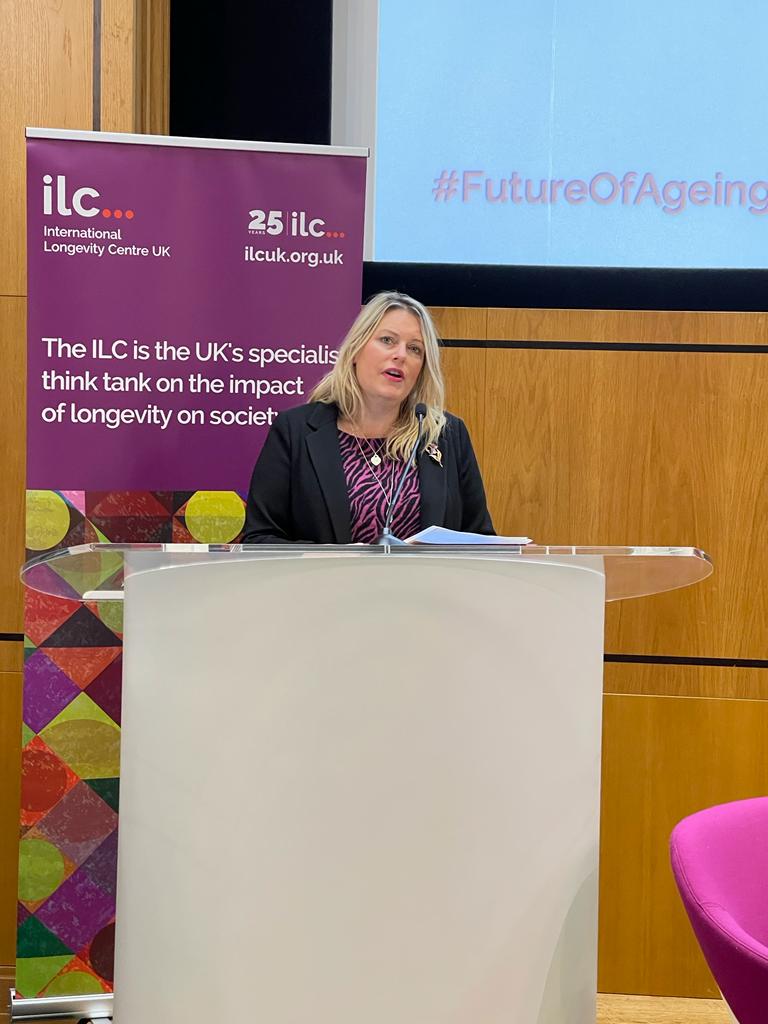14th January 2022
Last month, UK Minister for Employment, Mims Davies MP, announced the shortlist of our international Work for tomorrow competition that is seeking to identify and award the most promising innovations responding to an ageing workforce.

We have had a fantastic response with almost 50 submissions from across the world and a shortlist spanning ideas from Australia, Brazil, the UK, US, Ireland to the Philippines. (You can take a look at the shortlist and their videos on our programme page).
Over the coming months, we want to bring together our innovators with employers, policymakers, journalists, third sector leaders and academia to share good practice and help our solutions grow. Come along to our two pitching sessions on 15 February for your chance to hear about their ideas first-hand and ask your questions about how we can better support mental and physical health in the workplace, match people to jobs based on their skills, challenge ageism in the workplace and foster flexibility as we emerge from the pandemic.
And save the date for our awards ceremony on 22 March 2022 at the Catalyst in Newcastle, UK (and virtually) to celebrate with the winners of Work for tomorrow.
Dynamic knowledge synthesis in local networks for coherent elderly care
We are getting older and more diverse, and that brings challenges. We cannot solve these challenges through healthcare alone. We also need municipalities, schools, companies, housing associations and older people themselves to achieve an age-friendly society. This requires cross-domain collaboration. But how can we achieve that?
25 April 2024
Event summary – Healthy ageing and longevity in Europe: How do we prepare for the 100-year life?
In partnership with ILC-UK, the ILC Europe Network hosted its inaugural conference in Brussels on 6 March 2024 to explore the challenges and opportunities associated with an ageing European society. Other ILC Global Alliance members in attendance included ILC-Czech Republic, ILC-France and ILC-Netherlands.
March 2024
White paper Arts in Health in the Netherlands: Art deserves a prominent place in healthcare
Much more attention needs to be paid to the positive effects of the use of art in healthcare. Art makes people feel better and helps them to better cope with their illness. Art can also mean a lot in the social domain and prevention, and in shortening hospital admissions.
February 2024


